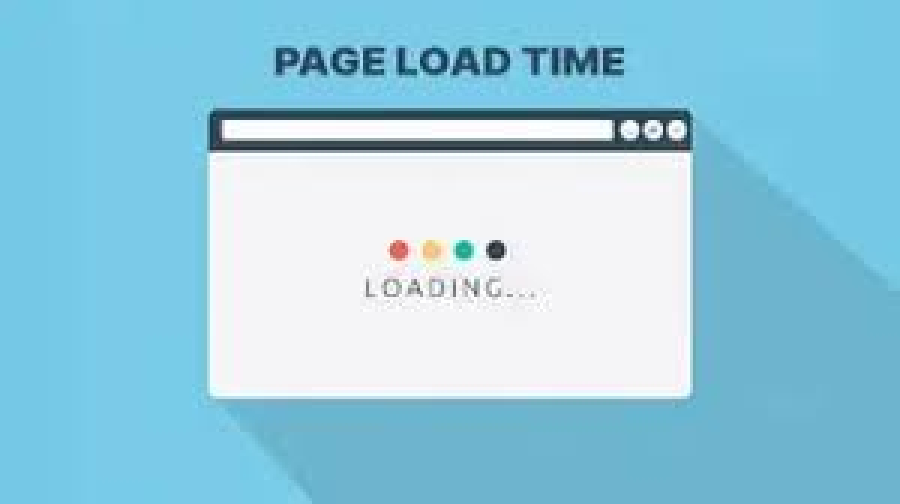Ethical AI in Freelancing: What You Should Know
As artificial intelligence (AI) continues to revolutionize the digital landscape, freelancers are finding new ways to integrate AI tools into their workflows. However, with great power comes great responsibility. The ethical use of AI is becoming increasingly critical in freelance work—especially in domains such as writing, design, programming, and data handling. This article explores the essentials of ethical AI in freelancing and why it matters for developers, creatives, and tech-savvy freelancers today.
Long Description (1500+ Words)
1. Understanding Ethical AI in the Freelancing Ecosystem
Ethical AI refers to the responsible development and use of artificial intelligence systems that align with moral principles such as transparency, fairness, privacy, and accountability. For freelancers, this means ensuring that AI tools do not compromise client data, perpetuate bias, or produce misleading content.
Key points to consider:
Freelancers using AI in coding, marketing, or analytics must understand the origin, limitations, and risks of the tools they employ.
Transparency in how AI-generated work is created builds trust with clients.
Ethical AI also includes being honest about when and where AI was used in a project.
2. Why Ethics in AI Matters for Freelancers
Freelancers are increasingly seen as independent service providers. They carry their own brand, reputation, and client relationships. Using unethical AI practices can lead to:
Loss of trust from clients
Legal implications due to data misuse
Bias and discrimination in results (especially in hiring algorithms or targeted campaigns)
Being ethical in AI usage can become a competitive advantage in freelancing.
3. Common Use-Cases of AI in Freelancing and Ethical Risks
Use Case Ethical Concern Solution
Content Generation Plagiarism, false information Fact-checking, crediting sources
Image/Design AI Copyright infringement Use royalty-free inputs
Data Analytics Data misuse, privacy violation Anonymize data, follow GDPR
AI Coding Assistants Security flaws, over-reliance Always review and test AI code
Freelancers must balance automation with manual validation.
4. Transparency and Consent in Client Interactions
Clients appreciate clear communication. If you're using AI for any part of your freelancing workflow:
Inform clients at the start of the project.
Explain how it will impact deliverables (e.g., faster turnaround, AI-enhanced accuracy).
Obtain consent if the project involves client/customer data processed through AI tools.
Being upfront shows professionalism and builds long-term client relationships.
5. Avoiding Bias and Discrimination in AI-Driven Freelance Work
Many AI systems inherit bias from the datasets they're trained on. For freelancers building or deploying AI tools (e.g., for chatbots, predictive models, or recommendation engines), it's essential to:
Use diverse, high-quality training data.
Regularly audit outputs for bias.
Allow human override for automated decisions.
Even freelancers working on small AI applications must test for unintended ethical consequences.
6. Data Protection and Privacy
One of the biggest responsibilities in freelancing today is handling data ethically, especially when working on:
Marketing automation
Behavioral analysis
Healthcare-related freelance projects
Finance and payment systems
Follow these data ethics principles:
Only collect what's necessary
Use encryption and secure storage
Don't sell or repurpose data without consent
Understand regulations like GDPR, CCPA, and India's DPDP Bill
7. Open Source vs Proprietary AI Tools: What’s Safer for Ethics?
Freelancers often have to decide between using open-source or commercial AI tools. Open-source tools allow visibility into how algorithms work, making them better for ethical scrutiny. Proprietary tools may be faster or more powerful but can be black boxes.
To maintain ethical standards:
Prefer open-source when transparency matters
Use tools with clear documentation on AI behavior and training data
Research community feedback and real-world case studies of the tools
8. Building an Ethical AI Freelancing Portfolio
Clients increasingly care about ethical standards. Include ethical considerations in your portfolio:
Show how you mitigated risks in AI projects
Mention audits or tests performed to ensure fairness and transparency
Document challenges and how you overcame them ethically
This improves your credibility and attracts premium clients, especially in regulated industries.
9. Staying Updated with AI Ethics Guidelines and Trends
Ethical standards in AI are evolving. Freelancers must stay informed by following:
Industry publications (IEEE, AI Now Institute)
Tech blogs from major AI companies (OpenAI, Google, IBM)
Government regulations and digital ethics updates
Ethical AI frameworks (e.g., OECD AI Principles, UNESCO AI Ethics)
Join communities or forums that discuss real-world cases and solutions.
10. Future Outlook: The Role of Ethical AI in Freelancing
As AI continues to advance, ethical use will become a baseline requirement in freelancing. Clients may demand:
AI usage reports
Impact assessments
Ethical certifications or declarations
Freelancers who are proactive about learning and applying AI ethics will be ahead of the curve in 2025 and beyond.
Conclusion
Ethical AI is no longer optional—it’s a foundational part of professional freelancing. Whether you're using AI for automation, analytics, content creation, or design, ethics play a vital role in maintaining trust, security, and legal compliance. As a freelancer, your ability to navigate the intersection of innovation and integrity will define your long-term success. Keep learning, stay transparent, and always prioritize human-centered values in your AI-powered work.


 by Emily
by Emily




